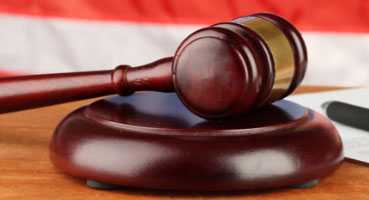From: Consumer Bankruptcy Law and Practice, National Consumer Law Center
Answers to Common Bankruptcy Questions
A decision to file for bankruptcy should be made only after determining that bankruptcy is the best way to deal with your financial problems. This FAQ cannot explain every aspect of the bankruptcy process. If you still have questions after reading it you should consult with an attorney familiar with bankruptcy.





